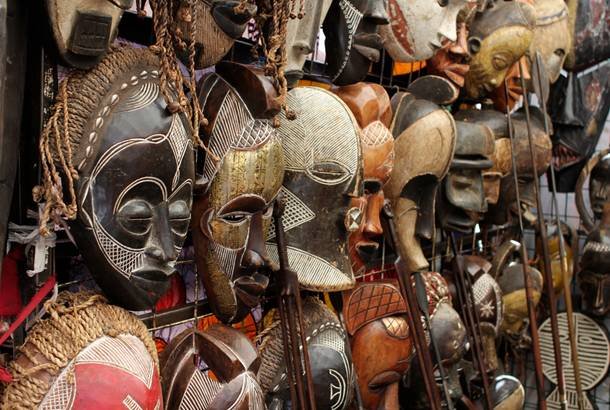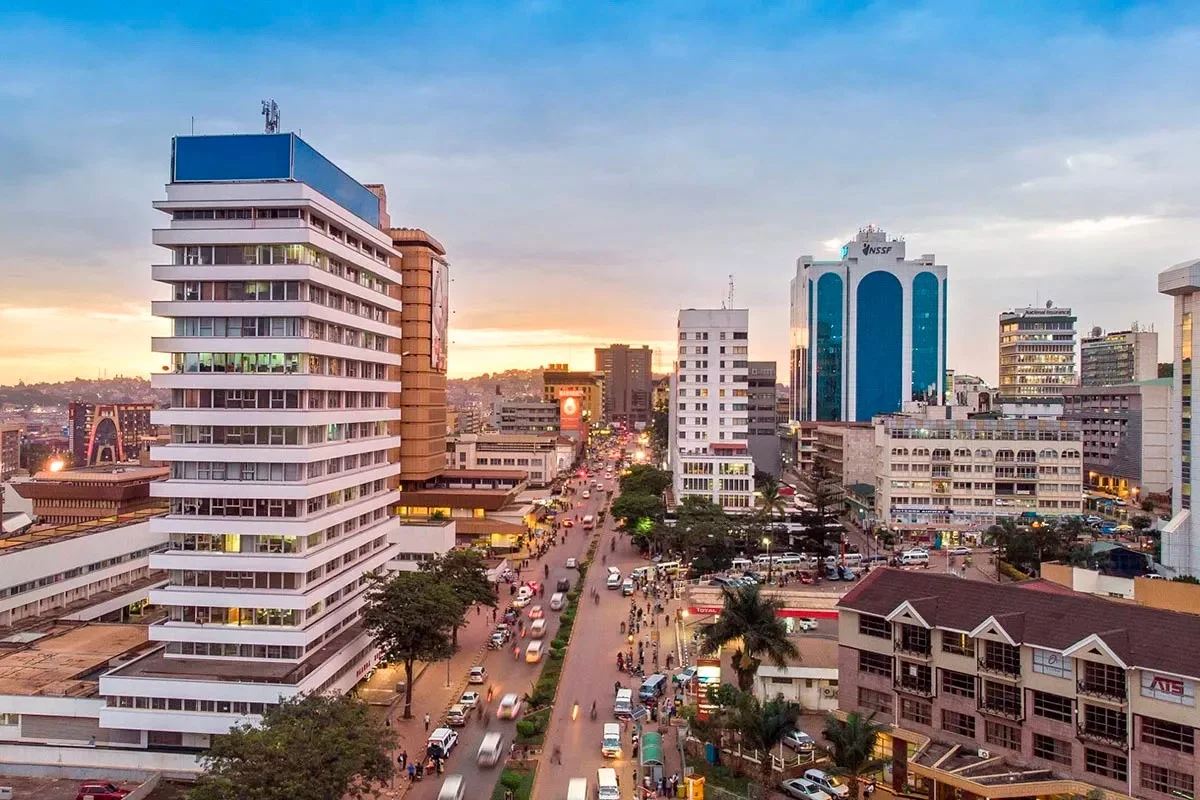
Planning a trip to Uganda? Known as the “Pearl of Africa,” this vibrant country offers stunning landscapes, rich wildlife, and warm hospitality. However, traveling to a new destination can come with its own set of challenges. To ensure your trip is smooth and enjoyable, here’s a comprehensive guide covering everything you need to know about traveling to Uganda.
What Vaccinations Do I Need for Uganda?
Before traveling to Uganda, it’s essential to consult with a healthcare provider or travel clinic to ensure you’re up-to-date on routine vaccines such as measles, mumps, rubella (MMR), diphtheria-tetanus-pertussis, and polio. Additionally, the following vaccinations are recommended:
- Yellow Fever : Proof of vaccination is mandatory for entry into Uganda if you’re arriving from a country with risk of yellow fever transmission.
- Typhoid : Recommended due to the risk of contaminated food and water.
- Hepatitis A and B : Protects against foodborne illnesses and bloodborne infections.
- Malaria Prophylaxis : Malaria is prevalent in Uganda, so antimalarial medication is strongly advised.
- Rabies : If you plan to spend time in rural areas or engage in activities involving animals.
- Cholera : May be recommended depending on your itinerary.
It’s always best to get vaccinated at least 4-6 weeks before your trip to ensure full protection.

Is It Safe to Drink Tap Water in Uganda?
No, tap water in Uganda is not considered safe to drink. The water supply may contain harmful bacteria or parasites that could cause illness. Instead, opt for bottled or purified water, which is widely available in shops and hotels. Always check that the seal on bottled water is intact before purchasing.
If you’re staying long-term, consider investing in a portable water filter or purification tablets for added convenience during outdoor adventures.
What’s the Food Like in Uganda?
Ugandan cuisine is hearty, flavorful, and deeply rooted in local traditions. Staples include:
- Matooke : Steamed green bananas, often served with stews or sauces.
- Posho : A maize-based dish similar to polenta.
- Groundnut Sauce : Made from peanuts, this creamy sauce accompanies many meals.
- Luwombo : A traditional dish where meat or vegetables are wrapped in banana leaves and steamed.
- Rolex : A popular street food made with chapati (flatbread) rolled with eggs and vegetables.
- Eshabwe : A ceremonial dish made from ghee (clarified butter) and milk, often served at special occasions.
Fresh fruits like mangoes, pineapples, and passion fruit are abundant and make excellent snacks. For adventurous eaters, try roasted grasshoppers (nsenene ), a local delicacy.
Vegetarians and vegans will find plenty of plant-based options, though it’s advisable to clarify ingredients when dining out, as meat broths are sometimes used in sauces.

Is It Standard to Tip in Uganda?
Tipping is appreciated but not mandatory in Uganda. Here are some guidelines:
- Restaurants : Leave a tip of 5-10% if service was satisfactory, unless a service charge has already been added to your bill.
- Hotels : It’s customary to tip housekeeping staff (2 per day) and porters ($1 per bag).
- Guides and Drivers : Tip safari guides and drivers 10 per day, depending on the quality of service.
- Tour Operators : If you’re part of an organized tour, tipping policies may vary; ask your operator for guidance.
Always use discretion and base tips on the level of service provided.
What Souvenirs Can I Shop for in Uganda?
Uganda offers a wide range of unique souvenirs that reflect its culture and craftsmanship. Popular items include:
- Handmade Crafts : Beaded jewelry, woven baskets, and wooden carvings.
- Textiles : Colorful fabrics like Kitenge and Gomesi dresses.
- Artwork : Paintings and sculptures by local artists.
- Coffee : Uganda produces high-quality Arabica and Robusta coffee, perfect for gifting.
- Musical Instruments : Traditional drums and stringed instruments like the adungu .
- Barkcloth : A UNESCO-recognized fabric made from tree bark, traditionally used in ceremonies.
For authentic products, visit markets like Owino Market in Kampala or community craft centers.

Is It Safe for Solo Female Travelers in Uganda?
While Uganda is generally safe for solo female travelers, it’s important to take precautions:
- Dress Modestly : Respect local customs by wearing conservative clothing, especially in rural areas.
- Stay Aware : Avoid walking alone at night in unfamiliar areas and keep valuables secure.
- Use Reputable Transportation : Opt for trusted taxi services or rideshare apps.
- Connect with Locals : Ugandans are known for their friendliness and willingness to help visitors.
- Join Group Tours : If you prefer companionship, consider joining group tours or hiring a local guide.
By exercising common sense and respecting cultural norms, solo female travelers can have a rewarding experience in Uganda.

What Is the Duty-Free Allowance for Uganda?
Travelers entering Uganda are allowed to bring the following duty-free items:
- 200 cigarettes or 50 cigars or 250 grams of tobacco.
- 1 liter of spirits or 2 liters of wine.
- Goods worth up to USD $200 for personal use.
- Reasonable quantities of perfume and eau de cologne.
Note that importing firearms, drugs, and counterfeit goods is strictly prohibited.

What Is the Currency in Uganda?
The official currency of Uganda is the Ugandan Shilling (UGX) . Banknotes come in denominations of 1,000, 2,000, 5,000, 10,000, 20,000, and 50,000 shillings. Coins are rarely used.
Major currencies like USD, EUR, and GBP are accepted at banks and exchange bureaus. Credit cards are accepted in larger hotels and restaurants, but cash is preferred for smaller transactions. ATMs are available in urban areas, but it’s wise to carry cash when traveling to rural regions.

What Do Things Cost in Uganda?
Uganda is relatively affordable compared to Western countries. Here’s a rough breakdown of costs:
- Accommodation : Budget guesthouses start at 20 per night, while mid-range hotels cost 70.
- Meals : Street food costs 3, while restaurant meals range from 15.
- Transportation : Boda-boda (motorcycle taxis) cost 2 per ride; domestic flights start at $100 one-way.
- Safaris : Gorilla trekking permits cost 150-$300 per day.
- Souvenirs : Handicrafts typically cost 20.
Prices may vary depending on location and season.

What Sort of Plugs Do I Need for Uganda and What Is the Voltage?
Uganda uses Type G plugs, which have three rectangular pins. The standard voltage is 240V , and the frequency is 50Hz . If your devices use a different plug type or voltage, bring a universal adapter and converter.
Power outages are common, so consider packing a portable power bank for emergencies.
Is WiFi Widely Available in Uganda?
WiFi is available in most hotels, cafes, and restaurants in urban areas like Kampala, Entebbe, and Jinja. However, internet speeds can be slow and unreliable, especially in rural areas. Mobile data is a better option for staying connected; SIM cards from providers like MTN and Airtel are affordable and easy to purchase.
For remote locations, satellite phones or offline maps may be necessary.

What Time Zone Is Uganda On?
Uganda operates on East African Time (EAT) , which is UTC+3 . The country does not observe daylight saving time.

Additional Useful Tips
How to Get Around Uganda
- Public Transport : Matatus (minibuses) and boda-bodas are cheap but can be crowded and unsafe.
- Private Vehicles : Hiring a car with a driver is convenient for longer journeys.
- Flights : Domestic flights connect major cities and national parks.
Language
English is the official language, but Luganda and Swahili are also widely spoken. Learning a few basic phrases in Luganda can enhance interactions with locals.
Weather
Uganda has a tropical climate with two rainy seasons (March-May and September-November). Temperatures remain fairly consistent year-round, averaging 25°C (77°F).
Health Precautions
Carry a basic first-aid kit, insect repellent, sunscreen, and any prescription medications. Hospitals in urban areas offer decent care, but facilities in rural regions may be limited.
By keeping these travel tips in mind, you’ll be well-prepared to explore all that Uganda has to offer. From its breathtaking landscapes to its welcoming people, Uganda promises an unforgettable adventure!